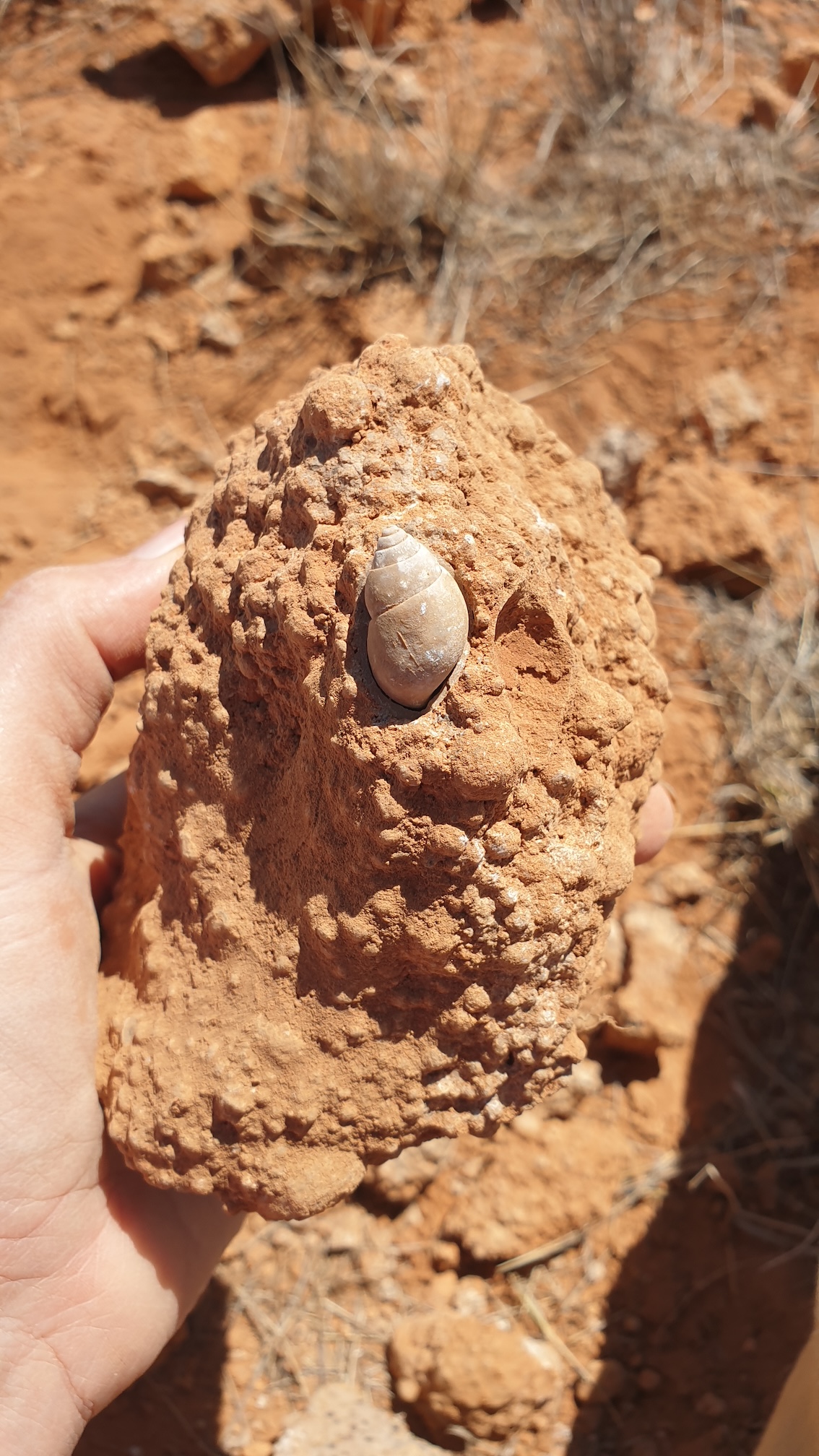Scientists at the Western Australian Museum have uncovered a new species of fossil snail in
Western Australia’s Nullarbor region, estimated to be around three million years old.
The ground breaking palaeontological discovery comes after two comprehensive fieldwork
sessions between 2021 and 2023.
The project was initiated following the discovery of a small number of Bothriembryon (land
snail) specimens in the Museum’s palaeontology collection that did not align with any known
species.
Technical Officer Earth and Planetary Sciences Helen Ryan said the team used
morphological comparisons and palynological analysis, to discover the unique
characteristics and age of the discovered specimens.
“Palynology shows the rock the snails were found in is from the late Pliocene, about three
million years ago, making them the oldest in Western Australia,” she said.
However, despite extensive efforts, uranium-thorium dating on the shells yielded
inconclusive results, leaving room for further investigation into the precise age of these
ancient snails.
Ms Ryan said morphological comparisons conducted against three other species of
Bothriembryon from the Nullarbor revealed distinct differences, such as more whorls (shell
spirals) for a given height, as well as some differences in the shell sculpture,
“These differences confirmed the new specimens as a separate species,” she said.
“We’ve named the new species Bothriembryon pilkiensis in consultation with the traditional
owners, the Spinifex People, paying homage to a significant local landmark.”
“Additionally, palynological analysis of rock samples from the Nullarbor unveiled pollen
grains indicative of an environment resembling modern-day southwestern Australia,
characterised by eucalypts, conifers, and ferns,” she said.
“This is significant because today, the area is semi-arid, with vegetation comprising of
shrubs and grasses. This means that the climate was significantly wetter when the snails
were around.”


































